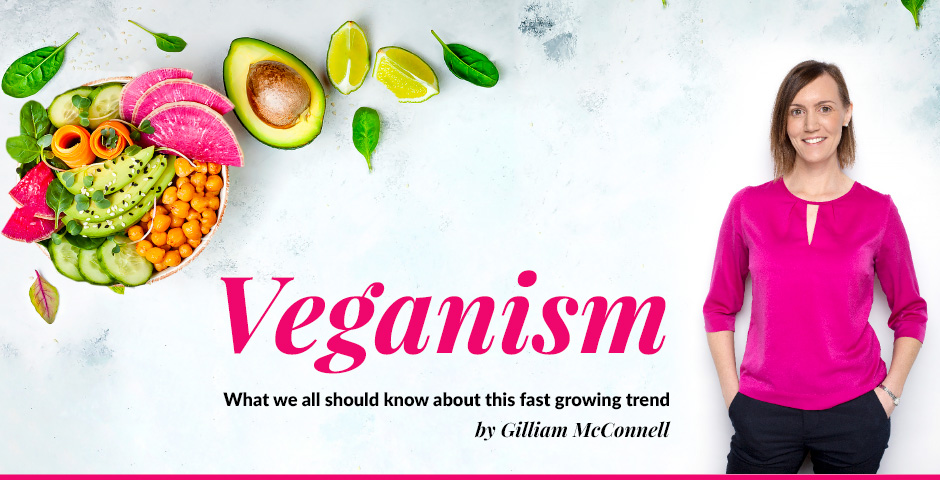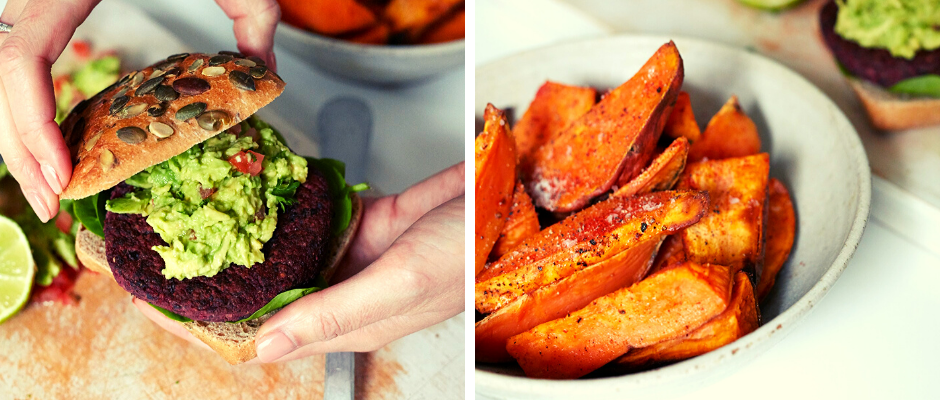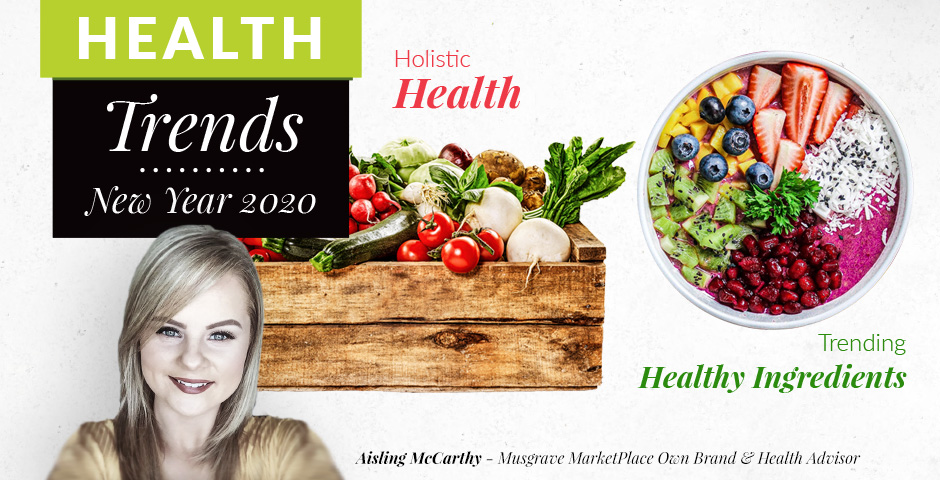Veganism – What We Should Know
Inspiration | 11th February 2019
Veganism is a fast-growing trend in the world of nutrition, eliminating all traces of animal products from the diet. Consumers are choosing to become vegan for a variety of reasons. This may be down to their concerns over the welfare of animals, wanting to make improvements to their health or they may have a desire for a more environmentally sustainable lifestyle. This way of eating is not that easy to accommodate in the standard foodservice business. However, those who run dining services as part of their operation have a responsibility to keep up with consumer demand, stay in tune with current trends and start allowing plant-based foods to take centre stage.
“Taking small steps to show that vegan options play a part in your foodservice is a good start and as long as you’re keeping taste in mind, consumers will eat it!”
In the past, people may have associated vegan options as being bland and unexciting, nowadays with the use of spices and quirky tasting dressings, plant-based options can easily be brought to life. If customers are given the opportunity to customise their own salads and see fresh ingredients in front of their eyes, they are more likely to buy into the vegan way of eating. Meeting protein needs in a vegan diet is important to support muscle and bone health. Make use of economically friendly tinned beans which often feature heavily in Mexican dining, along with brown rice and guacamole. Sandwiches can be a great healthy option but we need to think outside the box when it comes to adding protein. A few slices of tofu, tempeh or a couple of falafels would do the trick. Then tie this all together with a good dollop of hummus or avocado which adds a heart-healthy twist and boosts fibre intake. Quick and easy soups containing lentils, beans and pulses are often tasty once plenty of herbs, spices and a good quality stock is used.
Since vegans don’t eat meat products or dairy, this rules out a lot of the common junk food that so many people tend to overeat. However, just because something isn’t made from animal products doesn’t mean that it’s necessarily healthy. Take vegan approved faux butter and cheese, these are still extremely high in fats, therefore high in calories. Other vegan options like veggie burgers often have a lot of oil added in their manufacturing process or are deep fried when cooked. Vegan ice cream and other desserts will still have unhealthy blends of refined sugar and fats, mostly to make them taste better! The new label I believe is ‘vegan junk food’ and these foods may have just as much, if not more, calories, saturated fat and salt as non-vegan options. So it is very possible to be vegan and eat an extremely unhealthy diet. Try to make healthy fast food a first choice within your food service. Include plenty of vegetables in dishes and whole grains where possible as well as simple protein options like black bean burgers made from scratch, tofu burrito bowls, chickpea salads and ancient grain salads with falafel, all come under the high protein, high fibre banner and yet keep taste at the cornerstone of the ideas.
Remember at the end of the day, a meal is only as healthy as its ingredients. So just because it’s vegan, doesn’t mean it is the nutritionally superior option. Chips may be vegan, but that doesn’t mean we should fill our plate with chips on a regular basis.




